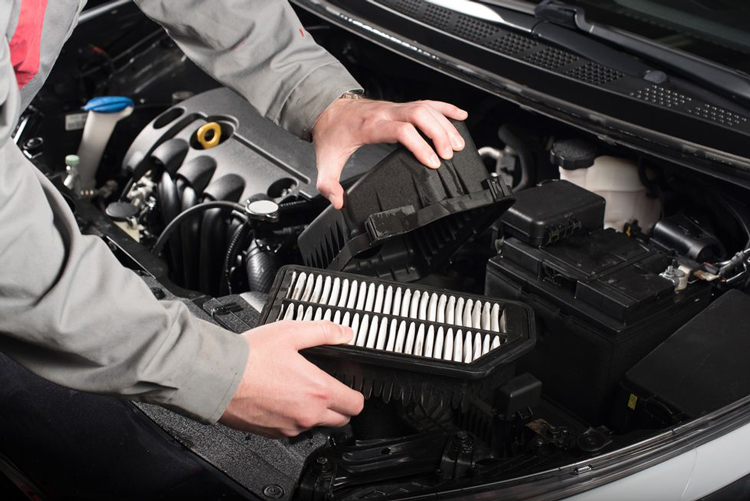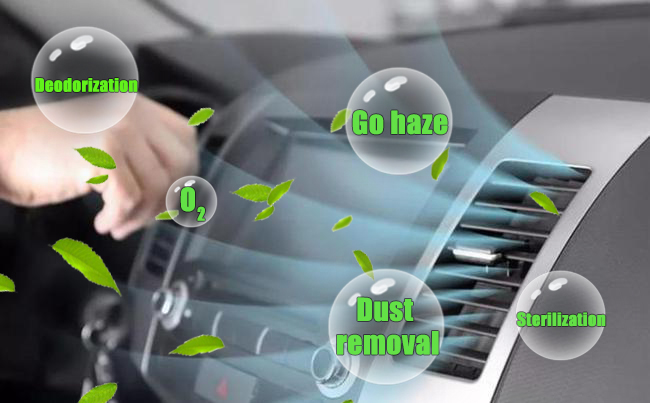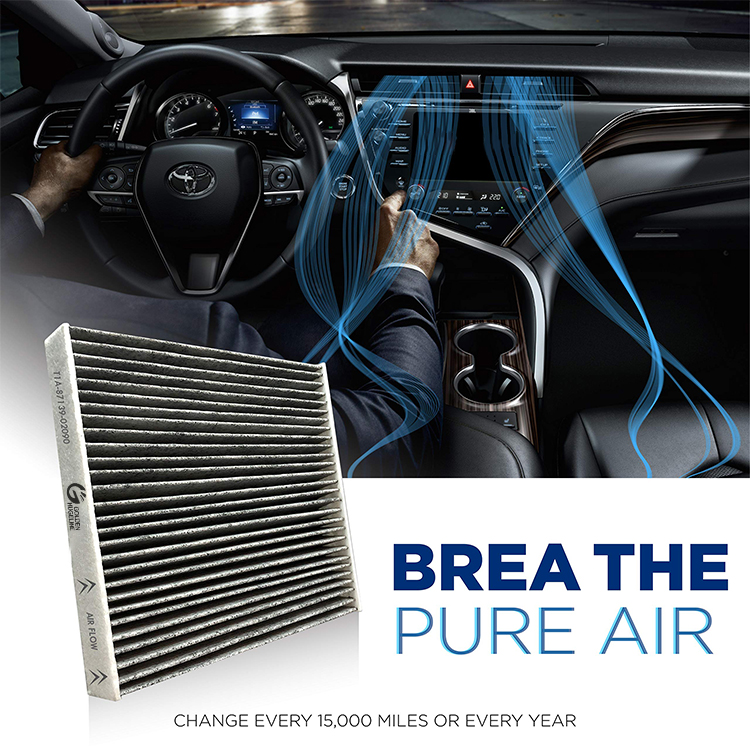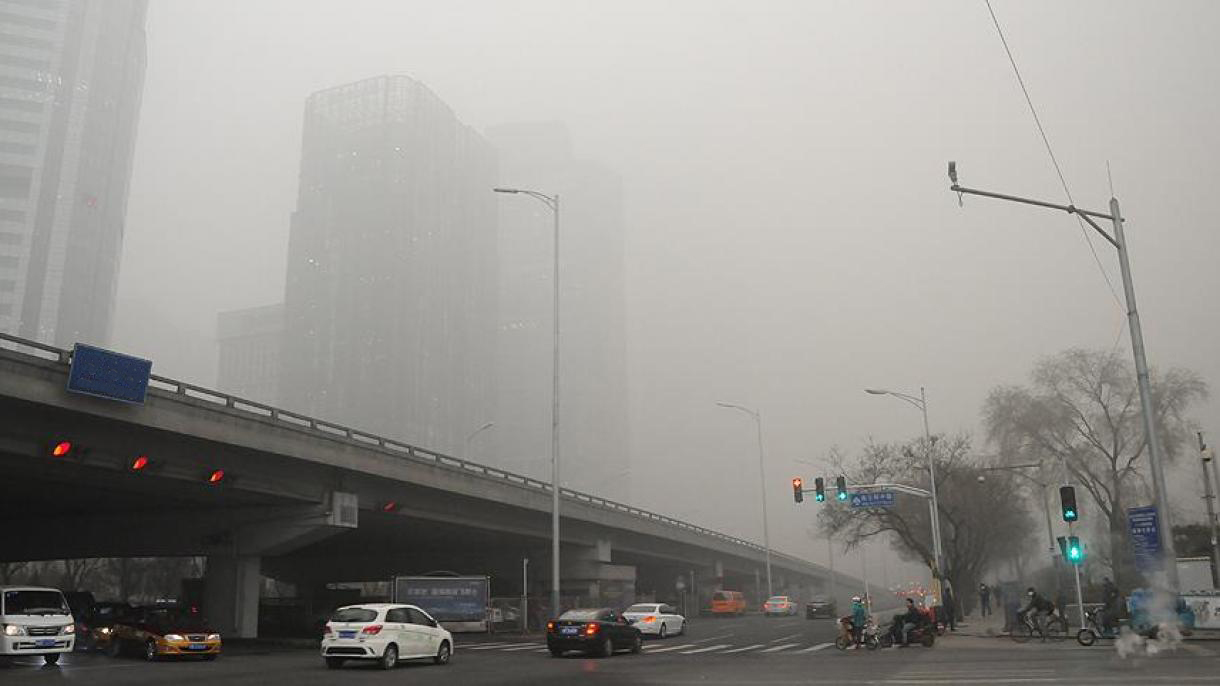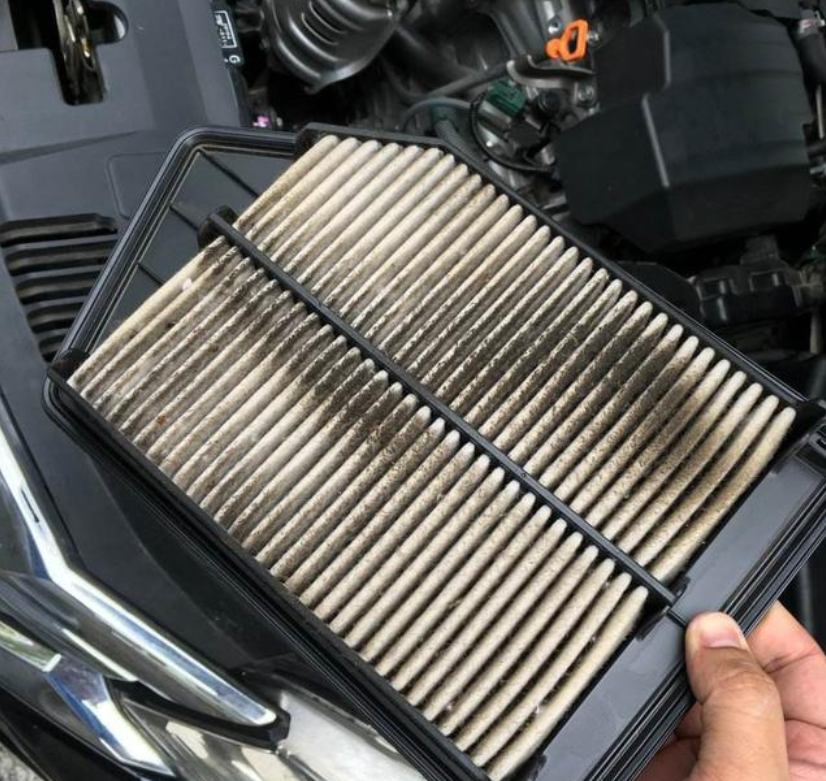An air cabin filter is an important component in any vehicle’s heating and cooling system. It helps protect the passengers from contaminants in the air they breathe.
An air cabin filter is an important component in any vehicle’s heating and cooling system. It helps protect the passengers from contaminants in the air they breathe. Learn more about this part of your vehicle and how to care for it properly.
Cabin Air Filter
The cabin air filter in a vehicle helps remove harmful pollutants, including pollen and dust, from the air you breathe within the car. This filter is often located behind the glovebox and cleans the air as it moves through the vehicle’s HVAC system. If you notice that your car has an unpleasant odor or the airflow has decreased, consider replacing the cabin filter to give the system, and yourself, a breath of fresh air.
This filter is a small pleated unit, often made of an engineered material or paper-based, multifiber cotton. Before air can move into the interior of the car, it goes through this filter, trapping any contaminants within the air to prevent them from infiltrating the air you breathe.
Most late-model vehicles contain cabin air filters to catch airborne material that can make it less pleasant to ride in a car. Cars.com reports that if you suffer from allergies, asthma, or other health conditions that impact your respiratory health, the cleanliness of the air you breathe is especially important. According to AutoZone, whether you’re behind the wheel or riding as a passenger in a vehicle, you deserve healthy, clean air to breathe. The best way to make sure the air is clean is to change the cabin air filter as frequently as the auto manufacturer recommends.
Within the owner’s manual for your car, you might find mileage stamps for recommended cabin air filter changes, although they vary depending on the type of vehicle and manufacturer. Champion Auto Parts reports that some recommend changing every 15,000 miles, while others recommend a change at least every 25,0000-30,0000 miles. Each manufacturer has its own recommendation, so reviewing the manual for your specific make and model will provide you with insights into what it needs.
The area where you drive can also play a role in how often you change the filter. Those who drive in urban, congested areas or places with poor air quality might need to replace their filters more frequently. If you live in a place with a desert climate, your filter might get clogged with dust faster, requiring frequent changes.Like this:
If you don’t have your owner’s manual or you want to know the signs that your filter needs changing, watch for:
• Reduced or weak airflow, even when the heat or air conditioner is set to high
• A whistling sound coming from the cabin air intake ducts
• Musty, unpleasant odors coming through the air in your vehicle
• Excessive noise when the heating or cooling system is running
If you are experiencing any of these signs in your car, consider replacing the filter to see if that resolves the problem.
Replacing Your Cabin Air Filter
In most cars, the cabin air filter sits behind the glovebox. You might able to access it yourself by removing the glovebox from the fasteners that hold it in place. If this is the case, your owner’s manual should provide guidance on how to remove the glovebox. However, if your cabin air filter is beneath the dashboard or under the hood, it might not be as accessible.
If you do plan to replace it yourself, consider buying a replacement filter at an auto parts store or website to save money. Car dealerships can charge up to $50 or more for one unit. The average cost for a cabin air filter is between $15 and $25. CARFAX and Angie’s List report that the labor cost to have the filter swapped out is $36-$46, although you could end up paying more if it’s harder to reach. Higher-end cars have more expensive parts, and they might only be available through the dealerships.
If you’re having your vehicle serviced at a repair shop or dealership, the technician might recommend a cabin air filter replacement. Before you agree, ask to see your current filter. You could be surprised to see a filter covered in soot, dirt, leaves, twigs, and other grime, which confirms the replacement service is important. However, if your cabin air filter is clean and free of debris, you can probably wait.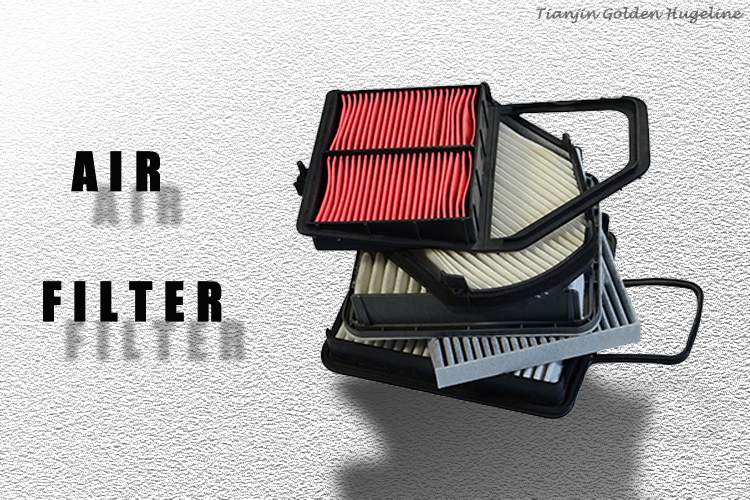
GHL Air Cabin Filter effectively filters ultra-fine particles and dust; water resistance ensures stable filter performance under various conditions; imported high-quality materials ensure high air fluidity and large dust holding capacity; special origami technology, moisture-proof and dehumidification, Enhance filtering performance.
If the above can help you, it would be a great honor!
Taken from the car & driver website
Post time: Sep-29-2021





